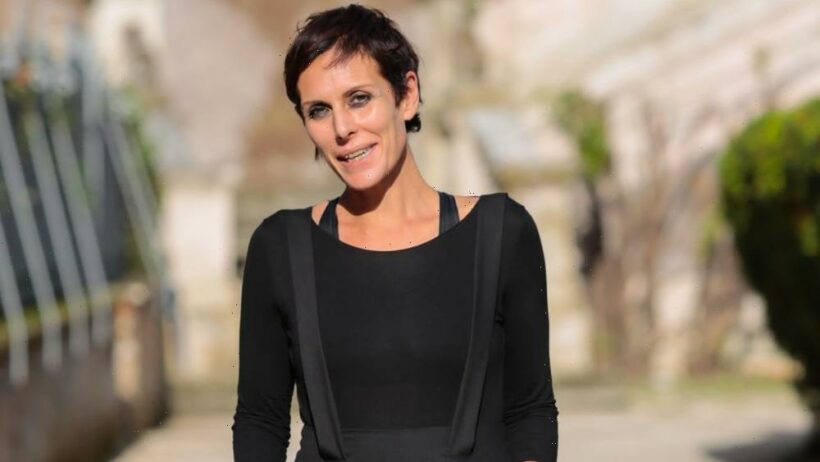Rome’s new-concept MIA Market, which had the rare distinction of holding a physical edition last year – albeit with an online component — has unsurprisingly succeeded in luring a robust group of international industry heavyweights, including a copious U.S. contingent, for its upcoming Oct. 13-17 seventh edition. They are also boasting a 30% increase in completed films screening on its film market side while some 80 new European film, TV and doc projects will be pitched to prospective partners.
MIA director Lucia Milazzotto spoke to Variety about why her vision for an informal mart encompassing TV series, feature films and documentaries in early stages is getting more traction in the current market landscape. Edited excerpts.
There is plenty of fresh product and also lots of high-caliber industry people attending this year. Does this reflect the restart spirit?
On the one hand this is a very special edition that marks a moment of great interest both towards Italy and towards MIA. We do have lots of market premieres of films for the theatrical market and also lots of big U.S. players in both the scripted and unscripted content realms who are coming. And there is certainly a spirit of restart. But this is taking place amid a re-positioning of our market due to the fact that we’ve been flexible enough to adapt to the fluidity and changes in the landscape that are now happening particularly fast. Having anticipated this, we are particularly efficient.
How do you see the market landscape changing?
I’m seeing that European film and TV product has a very strong identity that is becoming even stronger. And MIA is increasingly becoming a home for this, just as Italy is repositioning itself in the media ecosystem. The fact that we have such a strong U.S. presence reflects the fact that European content is on the rebound in all its aspects: from factual to drama, to docs and films. Our [Europe’s] increasingly consolidated capability to create and produce is generating plenty of interest, even in its diversity and national specificity. We also have plenty of interest from Asia and Latin America, despite the limitations due to COVID this year. They can’t travel, but they will attend online.
This response to MIA is happening just as Mipcom is suffering defections and AFM has gone online again. Both are markets mostly for completed product.
Yes, we are a market for product that is in much more initial stages. That’s another sign [of the times]. Product is being sold in much earlier stages, which as a business model that is more congenial for international co-productions. Product increasingly has a global blueprint from the outset and, in turn, a more European – and therefore international – blueprint. The acceleration of streamers is pushing this process because more content is being conceived for the international market whether it’s for the streamers or not. In this scenario we are a more congenial market.
Paradoxically, however, some Italian companies are lamenting that there are less international buyers at MIA this year. They say it’s because you are not supporting them in terms of complimentary travel and so on. Is this true?
It’s not. There are plenty of buyers coming to MIA. But it’s true that there are less sales agents. That said, you have to look at the market pragmatically. Over the past year-and-a-half several buyers have not survived, not just because of the pandemic but also due to changing business models. We invite and support active players and we work with sales agents. But there are no longer 40 French buyers who are really active, who can really buy and distribute films. That’s the first consideration [on this topic]. That said, our market is evolving to the point where even big players come without our support. We chose players who are ready to invest in us. We are still supporting 70% of our international attendees, but there is a growing portion who are coming spontaneously.
Source: Read Full Article
